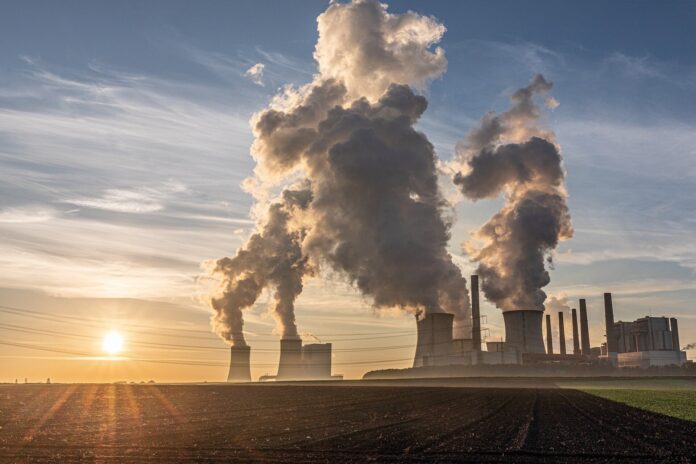Despite growing global efforts to decarbonize energy systems, fossil fuel carbon dioxide (CO₂) emissions are projected to reach a new record high of 38.1 billion tons in 2025, increasing by 1.1% compared to the previous year. This finding comes from the 2025 Global Carbon Budget, a comprehensive report published annually by an international team of over 130 scientists and researchers.
While the report acknowledges progress made in reducing emissions in some countries — particularly through renewable energy growth and stricter environmental policies — these gains are insufficient to counterbalance the persistent rise in global energy demand. China, for example, continues to see its emissions increase, albeit at a slower pace than in recent years due to booming renewables sector alongside moderate economic growth. India’s emissions also grew but at a slower rate compared to historical trends, driven by factors like an early monsoon season and lower cooling demands.
The report highlights the crucial role of land-use change in this complex equation. Though projected emissions from deforestation have dipped to 4.1 billion tons in 2025 — marking a positive outcome for environmental policies aimed at curbing deforestation, particularly in the Amazon region — climate change itself is diminishing the capacity of natural ecosystems (oceans and forests) to absorb CO₂ from the atmosphere.
“Climate change is now reducing the combined land and ocean sinks—a clear signal from Earth that we need to dramatically reduce emissions,” explains Professor Pierre Friedlingstein, lead author of the study from the University of Exeter’s Global Systems Institute.
This “carbon sink” weakening effect has been quantified in the report: it accounts for roughly 8% of the increase in atmospheric CO₂ concentration since 1960. The combined impact of rising fossil fuel emissions and weakened natural carbon absorption mechanisms paints a stark picture.
With the 2023-2024 El Niño weather pattern receding, the land’s ability to absorb CO₂ has partially recovered, but this temporary reprieve does little to offset the underlying trend. The report underscores that the remaining carbon budget to keep global warming within the critical 1.5°C threshold is “virtually exhausted.” At current emission levels, scientists estimate this crucial buffer of 170 billion tons of CO₂ will be depleted before 2030.
A Call for Urgent Action:
The Global Carbon Budget’s stark findings underscore a sobering reality: the world is off track in its fight against climate change. While progress has been made in certain areas, global decarbonization efforts remain insufficient to meet the urgency of the situation. Experts emphasize that immediate and decisive action is imperative if we are to avert the worst consequences of unchecked warming.
“It is 10 years since the Paris Agreement was negotiated, and despite progress on many fronts, fossil CO2 emissions continue their relentless rise. Climate change and variability are also having a discernible effect on our natural climate sinks,” states Glen Peters, Senior Researcher at CICERO Center for International Climate Research, emphasizing the need for intensified global action.
The report concludes with an urgent call to prioritize sustainable energy solutions and robust environmental policies worldwide. The window for meaningful mitigation is rapidly closing, demanding immediate and concerted efforts from governments, industries, and individuals alike

































